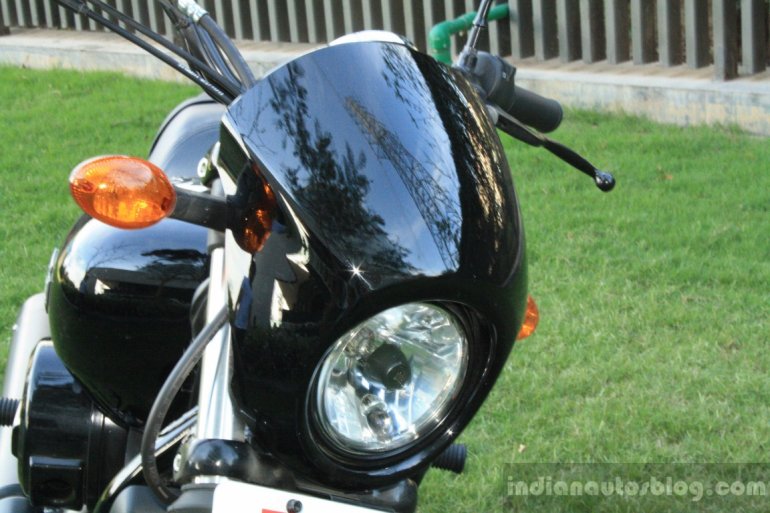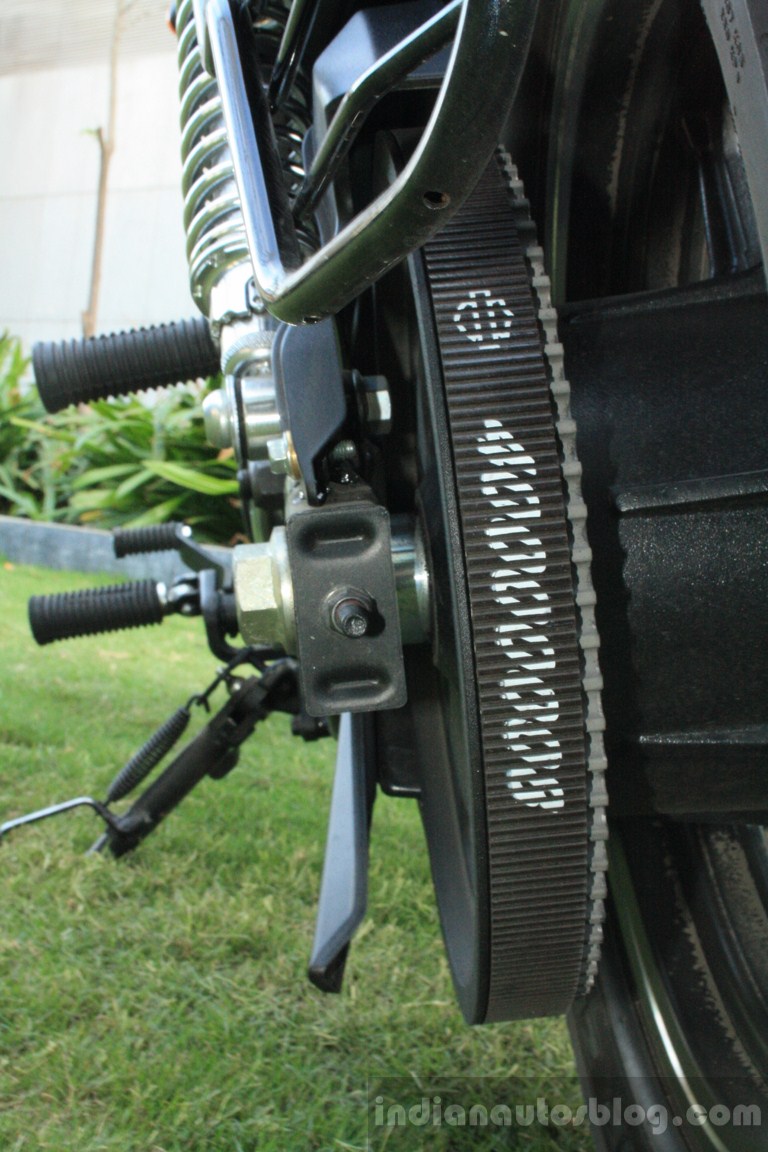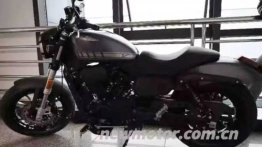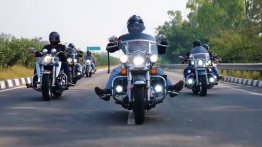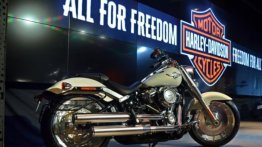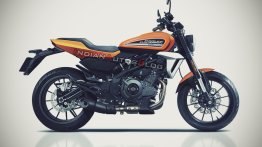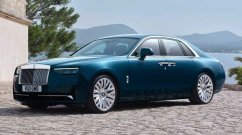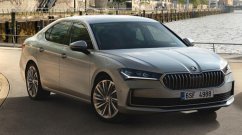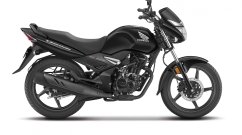The Harley Davidson Street 750 is completely new, right from the platform to its design to its execution. As the first new platform developed by the legendary American manufacturer in 14 years, the Street 750 is at times shockingly good to ride and at other times quite disappointing.
Harley says that this bike is aimed at the youngsters, probably referring to those for whom the mention of the word Harley brings the image of a few leather-clad gentlemen riding around on massive bikes with their beards flowing behind them. On the other hand, one look at the Street 750 and it screams modernity. It is this meeting point of nostalgia and new-age that the Street 750 intends to tread.
Build-wise, the bike is rather well-made. Quality of switches is top-notch and so is the seat positioning. Ergonomically speaking, the ride position is apt for urban riding and short-distance touring as well. Speaking of the design, the flat teardrop fuel tank immediately attracts attention. So does the cowl for the headlamp. However, irrespective of the body colour, this cowl is available only in black, which is a bit disappointing. On the other hand, a windshield is available as an optional accessory.
The solitary part digital part analog instrument panel is as simple as it is functional. It packs in a central speedometer and a digital trip meter and fuel indicator. However, the bike solely misses an odometer.
The Street 750 derives its power from an all-new liquid-cooled V-Twin engine called the Revolution X. Traditionally, Harley doesn’t disclose power output, but a short ride on this bike indicates an output in the range of 65-70 hp. The 749 cc engine is connected to the bike via a belt drive that draws power from a six-speed gearbox. Peak torque rests at around 60 Nm at 4,000 rpm.
The ride is startlingly good. For a decently powered vehicle that has its gear ratios split well for urban conditions, the torque is available pretty much throughout the band. At low-revs in city traffic conditions, the bike is more than willing to crawl slowly. Equally willing is the bike to simply bolt away from the stop line at a signal. The availability of a chunk of the torque towards the low-mid end of the rev band makes it an ideal bike for city conditions.
That said, the Street 750 can easily be ridden on the highway too. Slot it into fourth gear from around 100 kph and it will willingly glide to 140 kph when fifth is available. The bike can hit a top-speed of around 170 kph. Windblast at anything above 120 kph is disconcerting, but the optional windscreen should take care of this.
Stopping power comes from twin piston caliper disc brakes at both the front and rear. The Street 750 is a bit reluctant to come to a standstill. Brakes feel weak and ABS is sorely missed. Speaking of missing equipment that the bike desperately needs, apart from the ABS and an odometer, a pass-light is definitely needed. However, topping this list is a soundtrack. Despite hitting the higher bands, the exhaust note is patchy at best and disappointing at its worst. A silent whirr is all that the bike emanates. The fact that the bike has a belt drive system, rather than a chain drive, aids in reducing vibrations massively. However, this coupled with the silent exhaust makes for an uninspiring soundtrack. Accessories are, thankfully, available to spruce up the sound.
The bike’s wheelbase stands at 1,734 mm. Riding around the streets of New Delhi and Gurgaon, the bike doesn’t feel cumbersome at all. In fact, the Street 750 can be swung around corners and counter-camber patches with ease and there’s not much resistance from the frame either. A low-centre of gravity and the 220 kg weight plants the bike rather well on the ground. Specially developed tyres from MRF also help the cause. However, don’t go around attacking corners like you would in a lighter bike. The Street 750’s wide body, at 815 mm, is wide enough to not throw around a corner and expect to come out the other side standing.
The bike sports standard telescopic suspension at the front-end and gets a box section swing arm with dual shocks at the rear. The front suspension is covered with rubber boots to cover them from the dusty city environs, which is rather helpful in the long-run. The Street 750’s suspension has been tuned perfectly for urban conditions. The front suspension is neither too stiff on a speed breaker, nor too soft on a highway to make the front-end unsteady. The rear suspension can handle a city’s bumps. However, given how forward the rider is seated, the odd deep pothole can be unsettling.
The Harley Davidson Street 750 is pretty much the perfect way to enter the Harley family. Priced reasonably at Rs 4.1 lakh, the bike is built in only two locations in the world – USA and India. Though Harley officials won’t confirm the localisation levels, it is evident that most of the crucial powertrain parts are still imported, while the body panels, lights and other body parts are localised.
The Street 750 offers a chance to not be limited by experiences from riding other Harley products. For its target market, this very well could be the first Harley and it bodes well for the company that they have started off with a pretty good benchmark.

